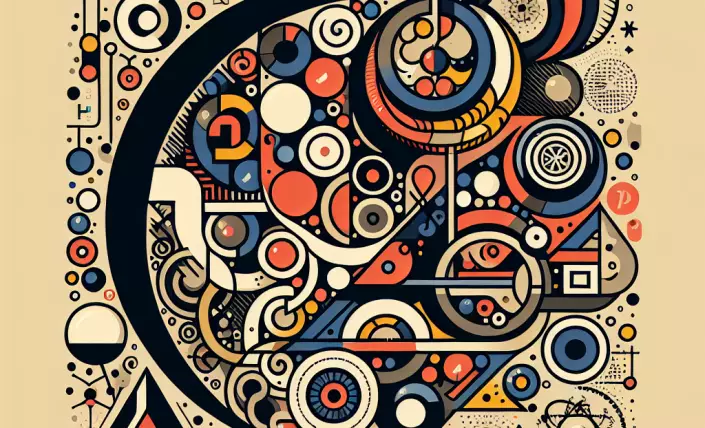Karl Popper, a towering figure in the philosophy of science, challenges us to reconsider how we approach knowledge and truth. His ideas present a compelling argument against the allure of certainty, urging us to embrace the inherent uncertainty in the pursuit of truth. At the heart of this philosophical exploration lies the concept of falsifiability, which Popper posited as a demarcation criterion for scientific theories. Unlike the classical view that sought verification, Popper argued that a theory's scientific merit rests on its capacity to be falsified. This paradigm shift encourages a mindset open to critique, testing, and the possibility of being wrong, which paradoxically brings us closer to truth.
In our daily lives, this philosophical stance invites a profound reflection on how we construct our beliefs and confront our biases. The desire for certainty is deeply ingrained in human nature, offering a comforting illusion of control and understanding. However, Popper's insights challenge us to resist this temptation and instead adopt a critical approach to our beliefs. By acknowledging that our most cherished convictions might be flawed, we cultivate intellectual humility and openness. This approach does not imply relativism or nihilism but rather a dynamic engagement with knowledge. It encourages us to view our understanding as provisional, always subject to refinement and revision in light of new evidence and perspectives.
Moreover, embracing uncertainty fosters a culture of dialogue and progress. In a world increasingly divided by rigid ideologies and dogmas, Popper's philosophy serves as a reminder of the value of critical discussion and the willingness to change one's mind. It is an invitation to engage with opposing viewpoints not as threats but as opportunities for growth and learning. This openness to falsification, whether in science or personal beliefs, can lead to a more nuanced and enriched understanding of the world. It teaches us that the path to truth is not a linear journey but a complex, iterative process that demands courage, resilience, and an unwavering commitment to seeking deeper insights. In this quest for truth, it is the courage to question, to doubt, and to embrace uncertainty that ultimately sets us free.










